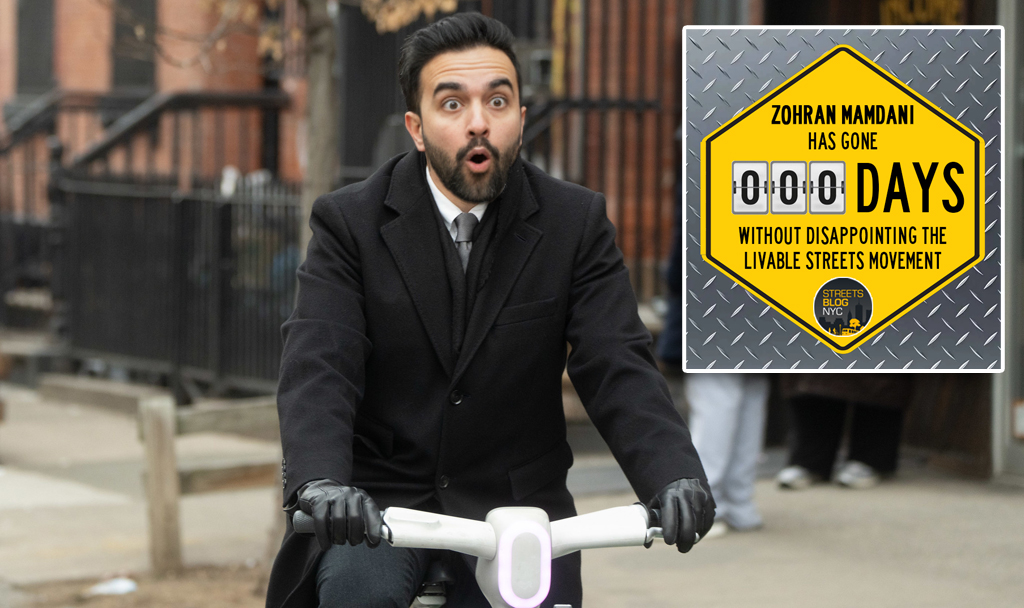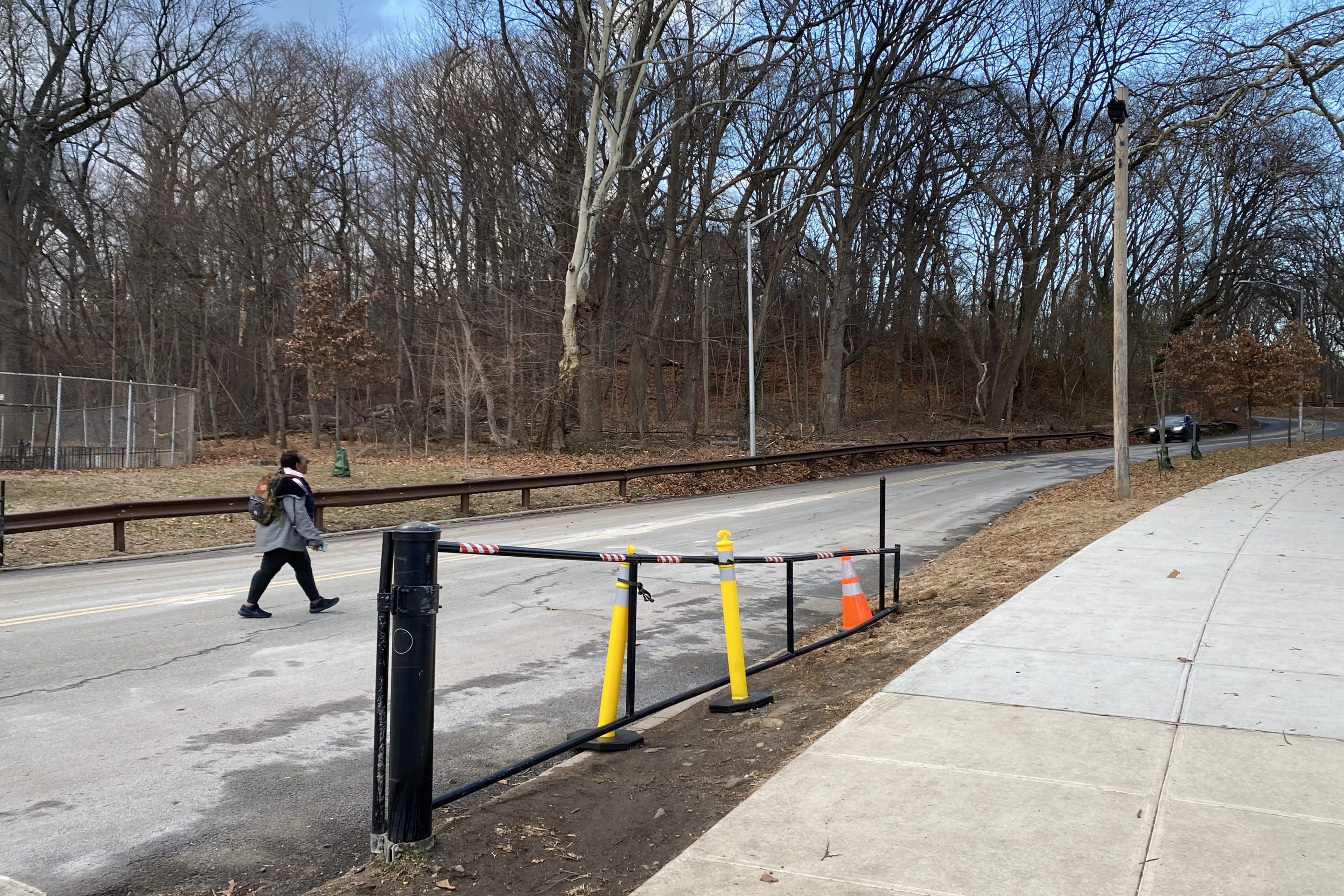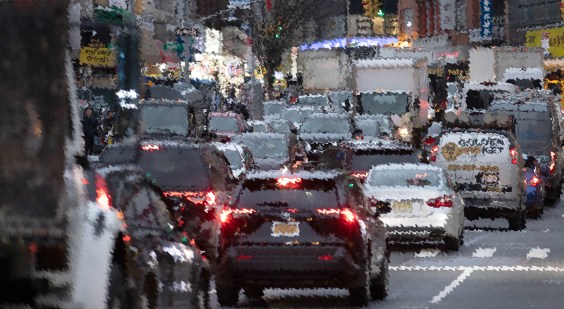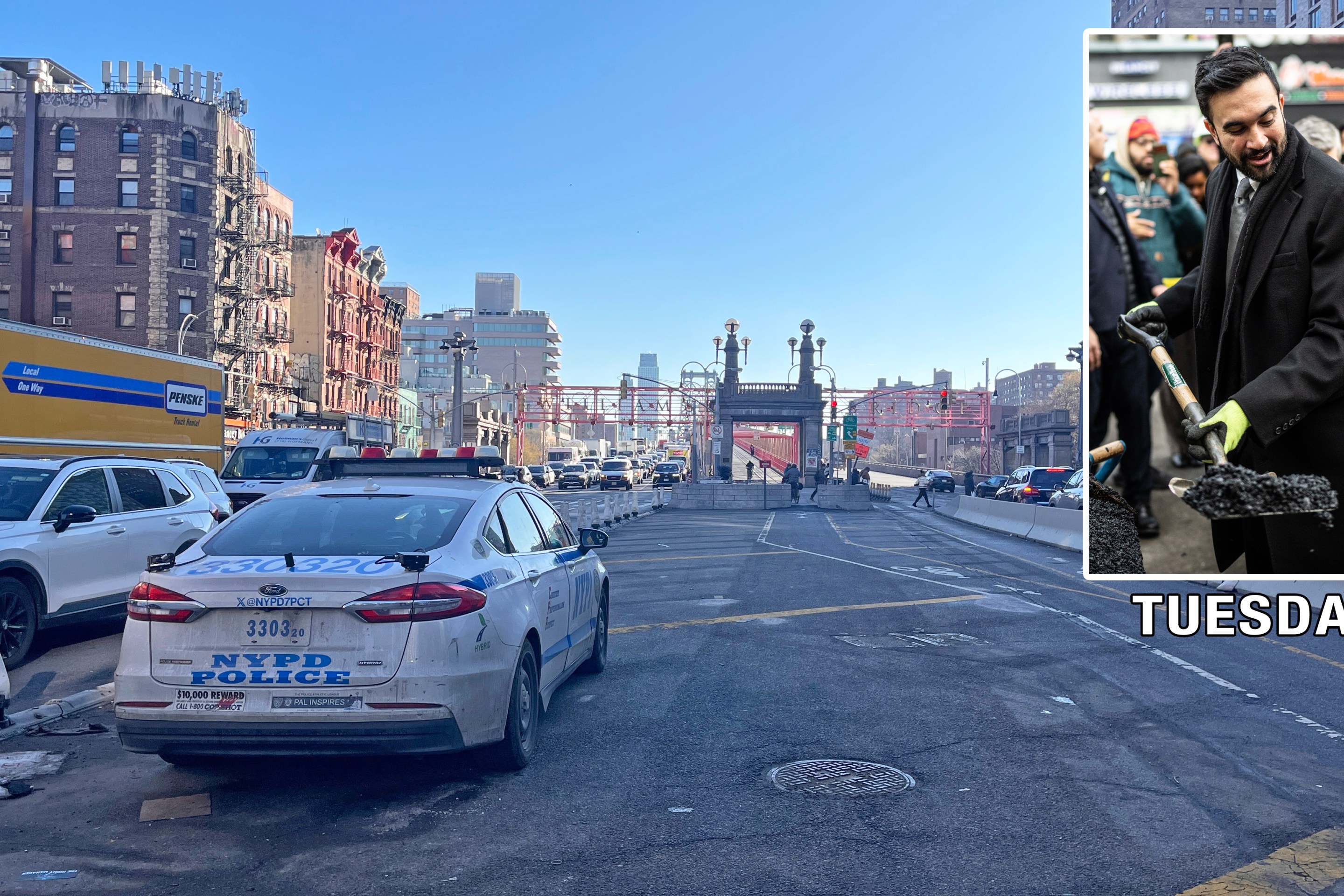For people who live in cities with good transit, the decision to drive or take the bus or train often comes down to parking. If parking is cheap and abundant, more people will drive. And yet transit-rich cities across the United States, including NYC, continue to require parking in new developments. That discourages transit use, drives up housing costs, and adds more traffic to already-congested streets.
Some cities are chipping away at their parking mandates. In 2015, for instance, Minneapolis eliminated minimum parking requirements for new housing near frequent bus and rail lines. Developers predicted that not much would change, since lenders would continue to insist on parking before financing projects. But they were wrong.
"We had developers in the newspaper saying, 'We don't really care about this and we don't really want it,'" said Minneapolis City Council Member Lisa Bender, who sponsored the reforms. She appeared on a parking policy panel at TransitCenter last night alongside researcher Rachel Weinberger and Russell Murphy, deputy chief of staff to New York City Council transportation chair Ydanis Rodriguez.
The Minneapolis developers who claimed the market would not go below .7 parking spots per housing unit are now building as little as .3 parking spots per unit, according to Bender. "What [eliminating parking minimums] really did was open up lots all across the city -- particularly in neighborhoods like mine, outside of downtown, where we really need new housing -- for development," she said. "It allowed for so many more sites to become developable for housing than what we had before."
In New York, the city has been more timid. The de Blasio administration has reduced parking requirements near transit, but only for subsidized housing, leaving much development unaffected.
But the impact of parking minimums on New Yorkers' travel behavior has been known for years, thanks to Weinberger. Her 2008 comparative study of Park Slope and Jackson Heights, authored with John Kaehny, showed that while Park Slope residents had higher car ownership rates, Jackson Heights residents were far more likely to drive into Manhattan for work because their homes were built with mandatory off-street parking spots. A follow-up study in 2012 demonstrated a similar impact citywide.
"An argument made by the city planning department I've heard many times, is that [requiring parking] is the only way to get New Yorkers to accept local development -- by promising that their parking is not going to be made more difficult," Weinberger said. "But we see that increasing supply in the CBD increases auto use [and] increasing supply in residential areas increases auto use, and not just by a little bit."
Parking policy can be a powerful tool to curb traffic and encourage transit and bicycling, but even Minneapolis' relatively modest off-street parking reforms were an uphill battle. "The whole system is really set up to reinforce the status quo and to empower voices that want to keep things the way they are," Bender said. "Sometimes the process of decision-making makes it impossible to get the right solution."
The parking reforms in the de Blasio housing plan were also watered down in order to gain passage. The designated "transit zone" where parking mandates were lifted for some buildings, shrank from a half-mile radius around transit to a quarter-mile.
"Through the prospects of that [affordable housing proposal] we saw the way a lot of City Council members and communities responded, and it was not positive," Murphy said. While Rodriguez has called on the city to eliminate minimum parking requirements altogether, many of his colleagues do not share that objective.
Still, the de Blasio housing plan began to chip away at NYC's archaic parking minimums, which could set the stage for more expansive changes in the future. Iterative progress is something Bender envisions in Minneapolis.
To get there, Bender said her experience so far shows that mobilizing a wide-ranging coalition of supporters is essential to overpowering parking-fixated opponents.
"It's easier to build up coalitions of new supporters than it is to change the minds of people who really don't agree," she said.






